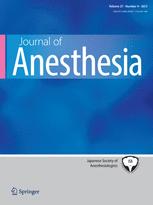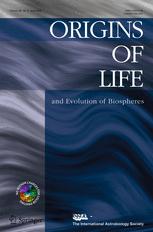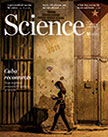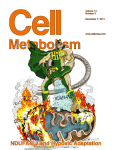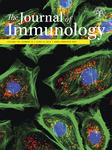 The Journal of Immunology is retracting a 2006 article about the role of exosomes in pregnancy at the behest of the University of Louisville in Kentucky, following a misconduct investigation that “determined multiple figures” in the paper were falsified.
The Journal of Immunology is retracting a 2006 article about the role of exosomes in pregnancy at the behest of the University of Louisville in Kentucky, following a misconduct investigation that “determined multiple figures” in the paper were falsified.
First author Douglas Taylor is a pioneer in exosome biology, having discovered the release of exosomes from tumor cells in the 1970s.
The retracted paper identified “significant quantitative and qualitative differences in released exosomes” in the placentas of fetuses delivered prematurely compared to those delivered without complications at term, particularly relating to immune regulation. It has been cited 150 times, according to Thomson Scientific’s Web of Knowledge.
Here’s the retraction note (which is paywalled – tsk, tsk): Continue reading Exosome pioneer’s paper retracted after investigation finds “multiple” faked figures
